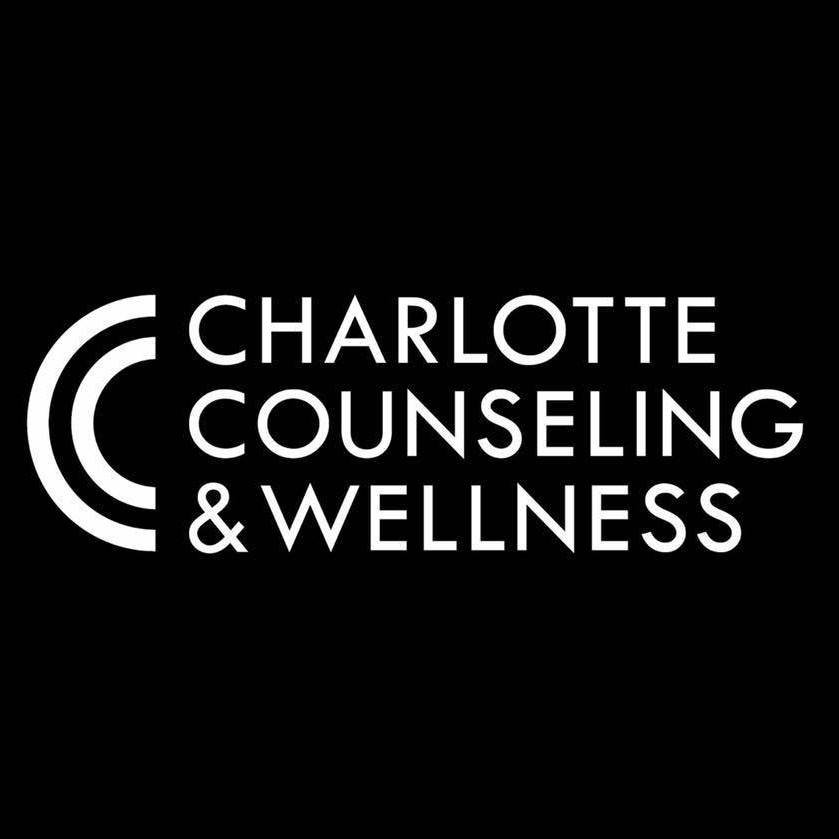Why Self-care is Important for Trauma Survivors
Self-care, to trauma survivors, often doesn’t make sense.
Their inner world is compromised and distorted by the crisis or series of crises they endured. They don’t know how to be okay. They are confused by what it means to really feel well.
And it's no wonder.
Trauma creates such discomfort and chaos in the mind and body that any sense of inner exploration or wellbeing is swallowed up by the perpetual need to be safe.
Thus survivors cope, adapt, escape. Then they march on, avoiding, distracting, denying their emotions because it feels too unsafe to deal with them.
This isn’t stubbornness or resistance. Often the survivor has no idea what self-care is or can do. They may even reject it, unaware of how deeply they are wounded or what it means to genuinely take care of themselves. They may be particularly wary of the vulnerability that seems necessary for doing self-care well.
This isn’t fair.
The survivor is safe and deserves to know it. They deserve to live beyond the traumatic distortions that keep them starved of emotional and physical wellbeing.
Let’s explore the importance of self-care a bit more:
Why Self-care is Important for Trauma Survivors
Trauma survivors see a lot of risk in seeking attention. Their painful experience has taught them that being noticed is dangerous for themselves and/or others.
Therefore, incorporating self-care professionals is vital. Routinely seeing a physician and dentist is an essential part of quality self-care. They learn they can trust the care and attention they seek. Moreover, survivors start to see they deserve care and relationships that benefit them.
Trauma has been shown to negatively impact an area of the brain, that deals with language. Verbal expression becomes disabled and stifled.
Self-care that promotes self-expression helps trauma survivors find a way to open up. Somatic self-care that encourages movement, music-making, or even light exercise brings relief. Generally, it gives the body a way to express what is too difficult to process in a verbal way.
Trauma survivors know pain well, in various forms, and tolerate discomfort at a high level.
Self-care that homes in on the breath helps the survivor uncover and dispel the tension and stress residing in their body. It also slows down the automatic response to ruminations or flashbacks that might cause him or her to mentally disconnect or numb out.
Trauma survivors believe they are undeserving of anything good in life.
Self-care suspends those value judgments born of the trauma and speaks clearly to the inner critic that tries to shame trauma survivors. Good self-care promotes the idea that it is not selfish to both enjoy life and set higher expectations for themselves. Essentially, the brain is slowly rewired, overcoming the sense that their own needs are wrong or inconsequential.
Trauma survivors don't understand how their lives could change. They generally believe that significant life changes don't apply to them.
Self-care is a shift from survival mode and old ideas of safety. It is a conscious decision to think and live well holistically. Inward focus is cultivated with practice and guidance. Thus, survivors are self-aware and devoted to meeting the needs they uncover.
Self-care Empowers
A trauma survivor’s decision to focus on their own needs, pleasure, and healing will feel “wrong” at first. But practice and commitment will eventually win out as self-care practices create newer, healthier pathways in the brain.
To encourage self-care is to empower the inward focus that promotes self-compassion, and the ability to enjoy trusting relationships. Finally, trauma can fade and a happier future will emerge.
Are you struggling with a past trauma? Call Charlotte Counseling & Wellness today to schedule an appointment and get the support you deserve.
About the Author: April Lyons, MA, LPC is a somatic psychotherapist and currently owns a private practice in Boulder, CO. She specializes in PTSD, eating disorders and child counseling. April is trained in EMDR Therapy, Trauma Informed Care, and is certified as an Eating Disorder Intuitive Therapist. To find out more about April click here: Psychotherapy Boulder.
